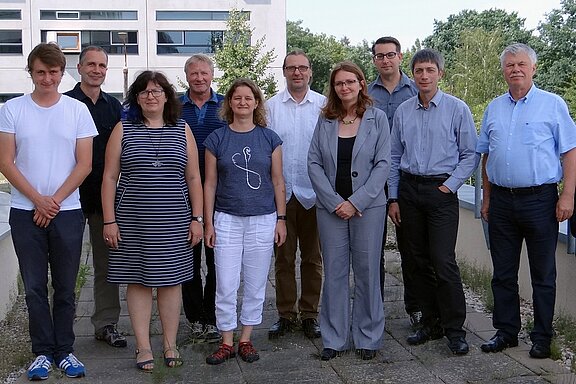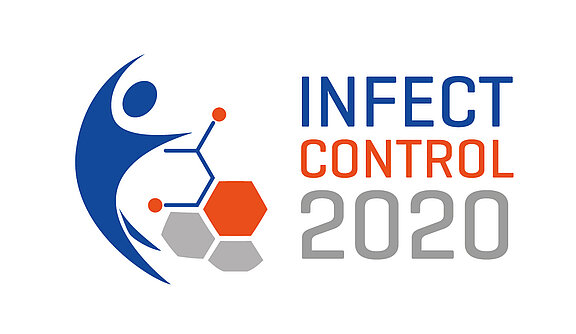Greifswald - Insel Riems, 18. August 2017. Researchers plan to develop a novel nanoparticle-based detection method for selected rodent-associated zoonotic pathogens which will be able to identify the genetic material of several pathogens in parallel and without use of marker techniques. They hope that in the future this method, which can be extended to other pathogens and antibiotic resistance genes, will enable extensive and time-saving on-site diagnostics of zoonotic infections in humans and animals. For the next two years the Friedrich-Loeffler-Institut (FLI) Greifswald – Insel Riems, BioSolutions Halle GmbH, SIOS Meßtechnik GmbH, microfluidic ChipShop GmbH and the Leibniz Institut for Photonic Technologies (Leibniz-IPHT) in Jena will cooperate in this joint research project. It is supported with more than 800,000 Euro in the frame of the project consortium InfectControl 2020 via the program “Zwanzig20 – Partnerschaft für Innovation” of the German Federal Ministry for Education and Research (BMBF).
In rodents a multitude of zoonotic pathogens, i.e. pathogens which can be transmitted between animals and humans, occur. The large number and variability of these pathogens makes their detection difficult. In the frame of the newly started joint research project „RAPiD“ (Rodent-Associated Pathogen Chip-Detection) scientists plan to investigate and develop a novel nanoparticle-based detection method for selected rodent-associated zoonotic pathogens. In contrast to the microarrays available today, this spectroscopic method should enable identification of the genetic material of several pathogens in parallel and without use of marker techniques. Researchers hope that in the future this method, which can be extended to other pathogens or antibiotic resistance genes, will enable extensive and time-saving on-site diagnostics of zoonotic infections in humans and animals. The application fields of this diagnostic method lie in the surveillance of risk areas in agriculture and water management, food production, and veterinary and human medicine. The Friedrich-Loeffler-Institut Greifswald – Insel Riems, BioSolutions Halle GmbH, SIOS Meßtechnik GmbH, microfluidic ChipShop GmbH and the Leibniz-Institute for Photonic Technologies (Leibniz-IPHT) in Jena will cooperate in this joint research project. The project partners have synergistic expertise in micro- and molecular biological diagnostics, development of novel bioanalytical approaches as well as design and realization of highly sensitive detection systems. The project duration of „RAPiD“ will be two years and the project will be supported with more than 800,000 Euro in the frame of the project consortium InfectControl 2020 via the funding program Zwanzig20 – Partnerschaft für Innovation of the German Federal Ministry for Education and Research (BMBF).
The number of known pathogens of rodents has increased considerably over the last few years. Among these pathogens are viral and bacterial zoonotic agents such as hantaviruses and leptospira which can cause sometimes severe disease in humans. In addition, rodents also are the reservoir for zoonotic pathogens which are transmitted to humans by vectors, such as e.g. ticks. Many zoonotic pathogens cause similar pictures of disease or unspecific symptoms, so that symptom-based identification of the causative pathogen is difficult.
Genetic methods are usually used for detection of individual pathogens. In contrast, microarray methods are able to detect several pathogens at the same time. The classic biochip methods are based on optical detection of a fluorescence signal generated when the genetic material to be detected binds to a pathogen-specific probe. For this purpose however, the genetic material must be marked with a colorant. In the joint research project „RAPiD“ this time-consuming process will be replaced by a novel, marker-free procedure based on a nanoparticle array and will thus be accelerated.
„RAPiD“ is part of the project consortium InfectControl 2020, which develops fundamental novel strategies for early detection, control and successful approaches to fight infectious diseases. InfectControl 2020 is supported within the BMBF funding program “Zwanzig20–Partnerschaft für Innovation”. This program is restricted to Germany and focusses on supporting research in East Germany.



